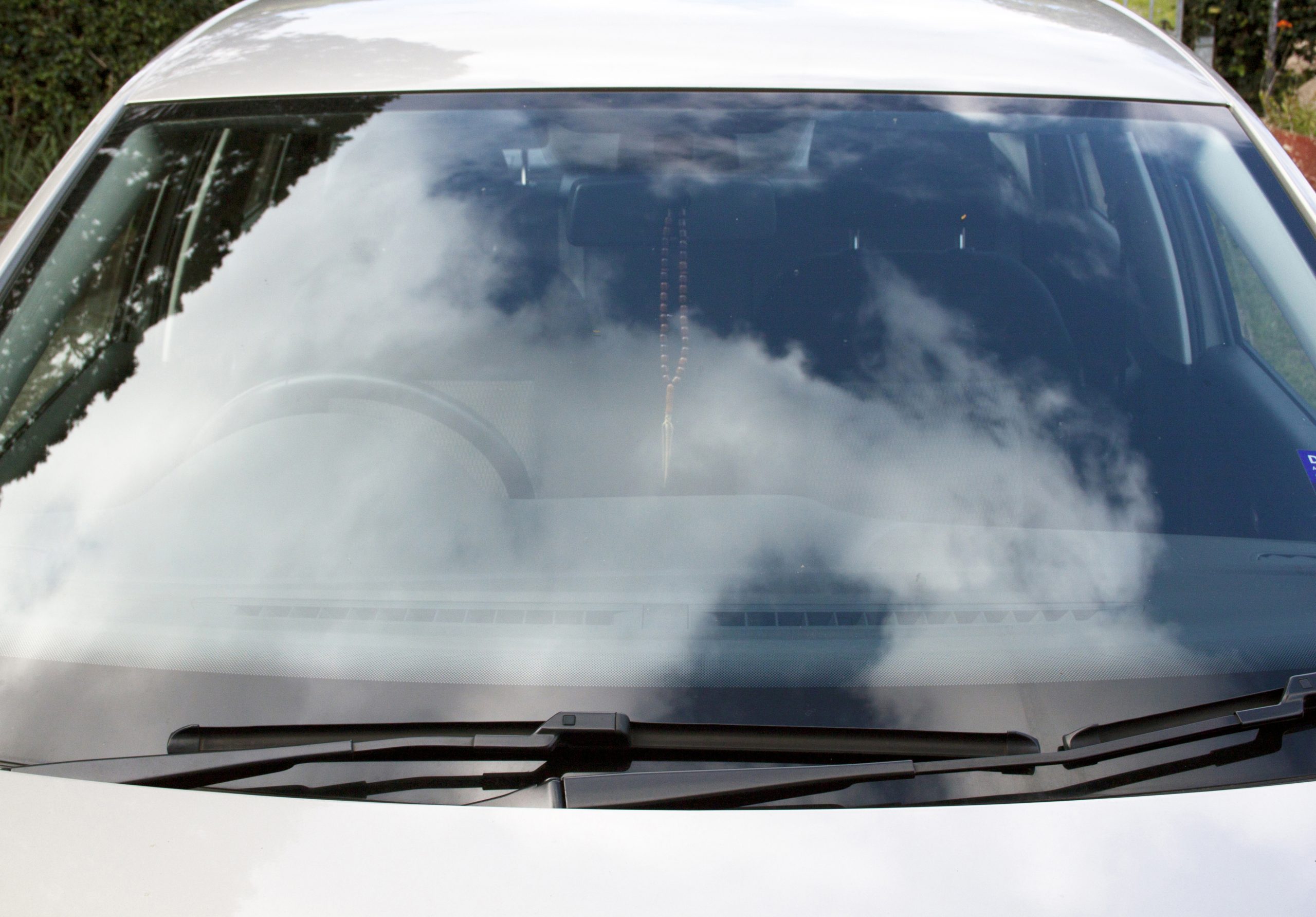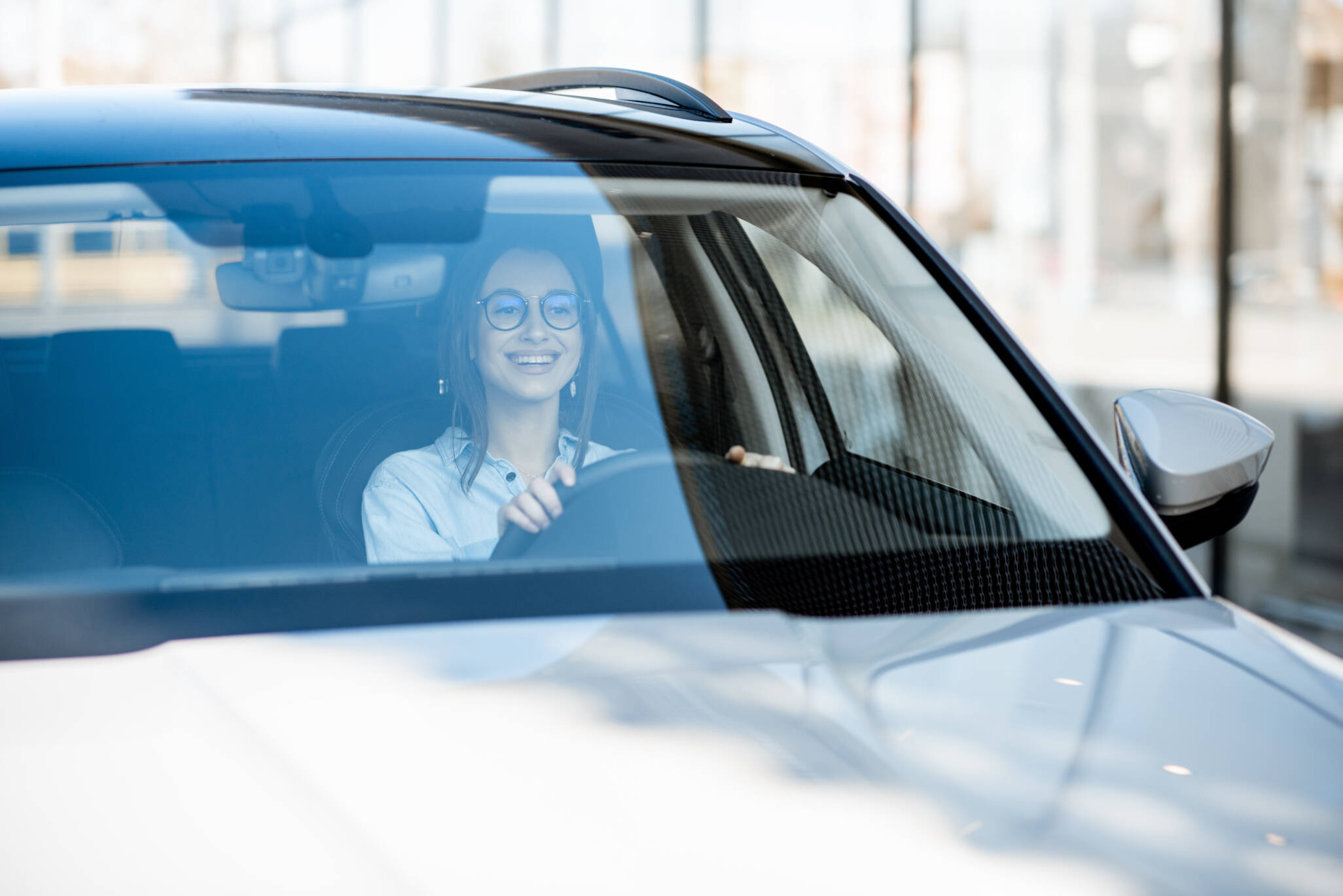In the intricate design of an automobile, every component serves a specific purpose, contributing to the overall functionality and safety of the vehicle. Among these essential elements, the windshield stands out as a vital feature that plays a multifaceted role in ensuring a safe and comfortable driving experience. In this blog post, we will delve into the reasons why cars are equipped with windshields and explore the various functions they serve beyond merely shielding occupants from the wind.
Protection Against the Elements
The most apparent and fundamental purpose of a car’s windshield is to shield the occupants from the elements. As the vehicle moves forward, it encounters air resistance, creating a force that could be uncomfortable and even hazardous for the driver and passengers. The windshield acts as a barrier, diverting the wind over the vehicle and preventing it from directly hitting the occupants. This protection enhances the overall comfort of the driving experience, allowing individuals to travel at higher speeds without being exposed to strong winds.
Impact Resistance for Safety
While windshields provide protection from wind and debris, they also play a crucial role in ensuring the safety of vehicle occupants in the event of a collision. Modern windshields are made from laminated glass, a material composed of two layers of glass with a layer of plastic sandwiched in between. This design provides significant impact resistance, preventing the windshield from shattering into sharp fragments upon impact.
In the event of a collision, the windshield helps to distribute the force of the impact, reducing the risk of injury to the occupants. Additionally, the laminated glass structure prevents shards from flying into the car, minimizing the potential for cuts or injuries caused by broken glass.
Supporting Structural Integrity
Beyond protection from the elements and impact resistance, windshields contribute to the structural integrity of the vehicle. The windshield, along with other windows, provides essential support to the car’s frame. In the event of a rollover or other accidents, the windshield helps prevent the roof from collapsing, offering an added layer of protection to the occupants.
Moreover, windshields play a role in maintaining the structural integrity of the vehicle during airbag deployment. The windshield supports the proper deployment of airbags, ensuring they inflate towards the occupants rather than deflecting in unpredictable directions. This coordinated effort enhances the effectiveness of safety features in modern vehicles.

Clear Vision for Safe Driving
Perhaps the most crucial function of the windshield is to provide a clear and unobstructed view for the driver. The design and placement of windshields are carefully considered to optimize visibility, allowing drivers to navigate roads safely. This unobstructed view is critical for making timely decisions, avoiding obstacles, and responding to changing road conditions.
To maintain optimal visibility, windshields are equipped with wipers and washer systems. These features work together to remove rain, snow, dirt, and other debris from the windshield’s surface, ensuring that the driver’s line of sight remains clear in various weather conditions.
Ultraviolet (UV) Protection
Modern windshields are often treated with a special coating that provides protection against ultraviolet (UV) radiation. Prolonged exposure to UV rays can cause damage to the skin and eyes, and it can also lead to the deterioration of the car’s interior materials. The UV-protective coating on windshields helps reduce the penetration of harmful rays, safeguarding the health of occupants and preserving the condition of the vehicle’s interior.
Acoustic Insulation
In addition to protecting against the elements, windshields contribute to the overall comfort of the vehicle by providing acoustic insulation. Laminated glass, used in most modern windshields, has sound-dampening properties that help reduce external noise from reaching the interior of the car. This feature enhances the driving experience, creating a quieter and more serene environment for occupants.
While it may be easy to overlook the significance of a car’s windshield, it is undeniably a cornerstone of automotive design, serving multiple critical functions. From protecting occupants against the forces of nature to providing impact resistance and ensuring clear visibility, windshields play a pivotal role in the safety, comfort, and structural integrity of modern vehicles. Need a team that knows how to install, maintain and repair a windshield? Get in touch with Triton Auto Glass today!

